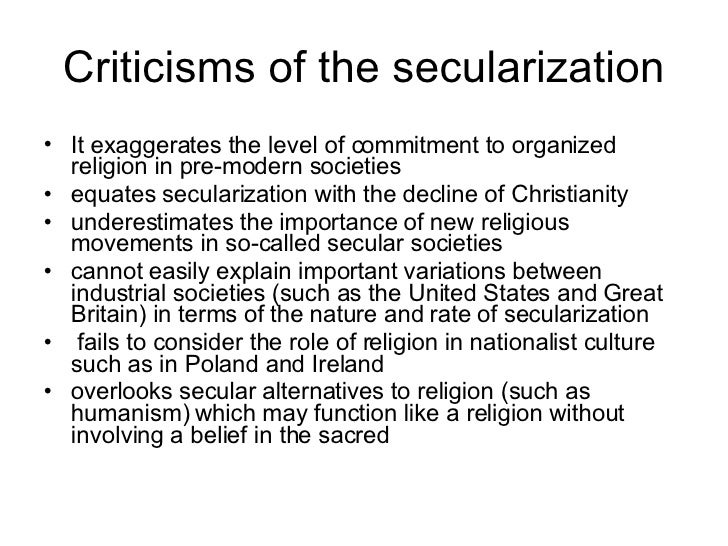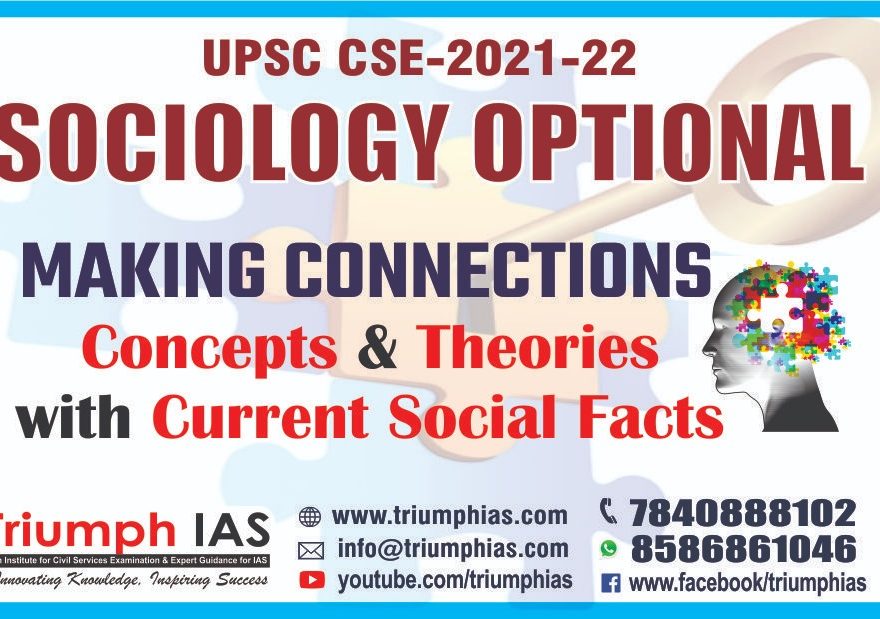Secularisation – Sociological Perspective: Explained
Relevance: Sociology: Politics and Society: Secularization
G.S paper I: Society and social Issues
Max Weber who talked about a process of rationalisation and the disenchantment of the world. He writes about how, in the Middle Ages, the world was an enchanted garden populated with angels and demons, spirits and ghosts.
He argued that the Enlightenment period, with its great strides forward in science and philosophy, began these processes of rationalisation and disenchantment where people would increasingly seek for rational explanations for phenomena, rather than blame divine intervention.
If someone got ill, for instance, increasingly people would look for a doctor rather than a priest. As more and more could be explained rationally there was less and less room for magic and supernatural explanations.

Weber primarily saw this in terms of changing religious beliefs (from Catholicism to Protestantism, for example) and an increasing separation between religious belief and everyday existence: the idea of a non-interventionist God who was on the outside, looking in.
Other sociologists have developed these ideas specifically in terms of secularisation. Peter Berger writes about how there is no longer a shared sacred canopy. Because of pluralism – the existence of a wide range of ideas and belief systems – and rationalisation, people are no longer united by a shared set of beliefs, as they were in previous eras. Furthermore, the wide range of different stories that claim a monopoly on the truth undermines the plausibility of all.
They cannot all be true, so perhaps none of them are. Lynd and Lynd found that while in the 1920s 94% of churchgoing young Christians in the US thought that Christianity was “the one true religion” this had declined to 41% by the late 1970s.
Steve Bruce further developed Weber’s concept of rationalisation to argue that people have developed more rational ways of thinking and a technological worldview. For example, if there is an airplane accident, people’s first thought is now to assume that something technical went wrong with the plane, rather than look to supernatural explanations. In this view science is taking over from religion as the predominant belief system in society.

Talcott Parsons has written about structural differentiation. Increasingly other institutions have taken on many of the functions that religion used to perform. The most obvious one is the state, which has taken over historical religious functions such as education and health but also increasingly provide funerals, marriage ceremonies, etc.
As this process occurs, religion becomes a smaller, more private matter, with much more specialised functions. As a result of this, it inevitably loses its social significance and therefore is again part of the process of secularisation.
There is also the concept of secularisation from within where some religions have themselves become significantly more secular, perhaps to fit in with the modern world or to remain relevant.
An example would be Church of England figures, like the late Bishop of Durham, David Jenkins, questioning some of the key tenets of the Christian faith or the way some key ideas are adapted to be more acceptable to contemporary morality (such as the ordination of women or shifts in views about sexual orientation.


